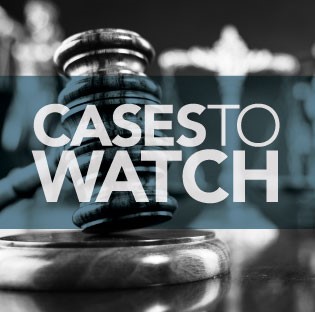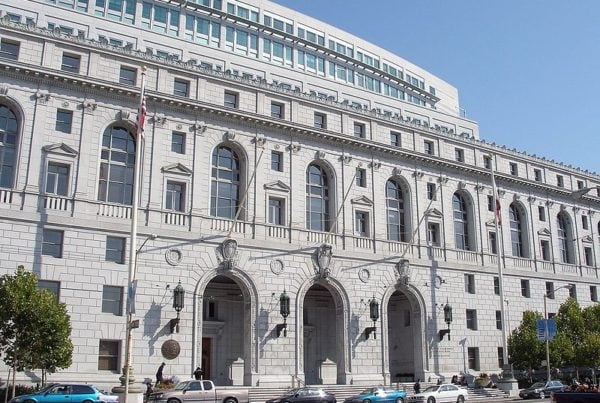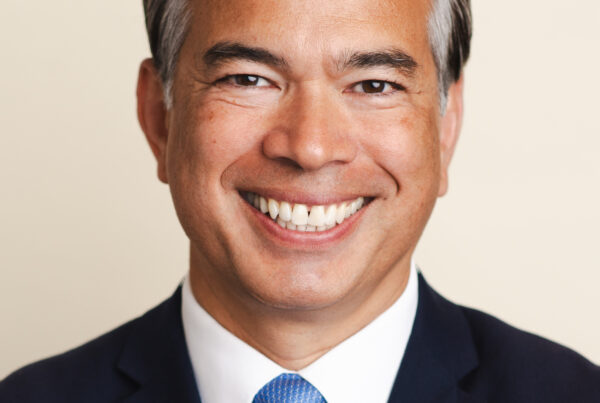These California cases regard employee vaccination requirements, school vaccine and mask policies, and a mandate to house the homeless.
Employee vaccinations
Two Los Angeles County firefighters filed a suit against the county’s Aug. 12 vaccination mandate for health care workers. The firefighters filed the complaint Dec. 10, and are joined by the Los Angeles nonprofit Protection for the Educational Rights of Kids.
The suit asks for injunctive relief against both the county’s and Beverly Hills’ vaccine mandates.
It claims the verification of vaccines violates their medical privacy as outlined by the California Constitution, that disciplinary actions against them after violation of the








